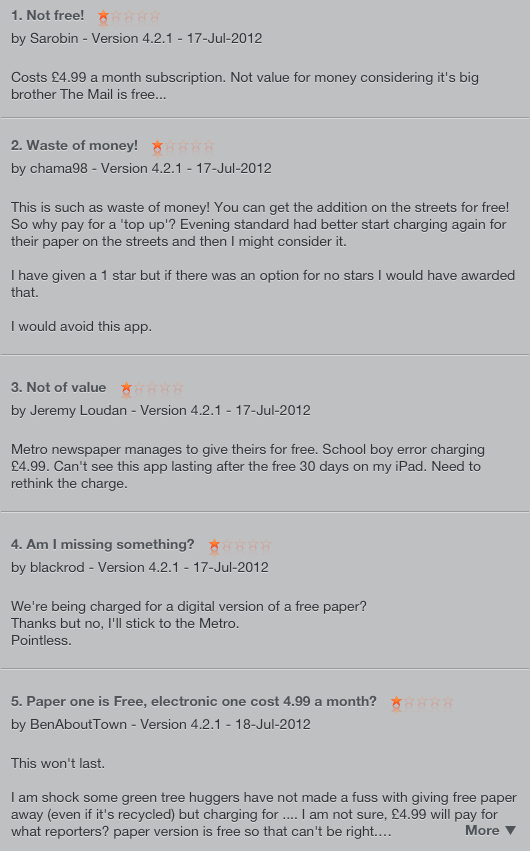Another Olympic post – this time on the genius (not) that is the London 2012 Olympic ticketing system. This will be a vent of sorts, as I’ve spent too much time messing about trying to buy tickets as have millions of others.

The games themselves have been nothing short of amazing and what all the athletes have accomplished is incredible, but sport is also about people watching it. And for an event of this scale you need a good mechanism in place to get people to see the sports they want to see.
Before we get started on the main theme of the post, Royal Mail have done it again. We managed to get tickets for the Paralympics that start in a couple of weeks time. An e-mail from LOCOG confirming we’d got them arrived (and we’d paid £6 for super delivery rather than picking them up at the event). But no details on when they’d arrive, even roughly – so a black hole and left hoping they would arrive in time. Then an e-mail from Royal Mail telling me the tickets were ready to be delivered…

Followed by another to tell me the tickets would be with me the next day. And then one to confirm they’d been received by me, literally within seconds of me electronically signing for them with the local postie. Now that is real service and great to see the Royal Mail – that great British institution – as a shining beacon in the whole Olympic ticketing fiasco.
The actual ticketing system went live around April 2011 – so over 16 months ago – and in that time it hasn’t changed one bit (as in problems fixed, updates done etc). That’s a year with no new development. How can that be right? Was it perfect when first released? Had all the testing that was done shown it to be perfect? No and that’s one big no.
Rather than go into all the issues myself there is a great post on BuzzFeed Sports by Alex Rees that very nicely gives you all the juicy details – see below (it’s worth a read)…

It is very apparent from this that virtually no real testing on how the site or service works can possibly have been done. User acceptance testing? No – why do we need to do that, it’ll work. Load testing? Will many people be wanting to use the site at the same time? Surely not. Performance testing? It’s just a web site. Problems identified by the public (the users or customers), should we fix them within 16 months? No, what’s fixing all about?
Any of these are part of computing for beginners 101, and to get onto building a web-site 101 you have to have got the first certificate already.
So why has this happened? Good old outsourcing. LOCOG clearly aren’t a software house and don’t build ticketing or e-commerce sites. So they put together an RFI and get it out with all the big boys in the market place, including ticketmaster (who won it and built the site). And it will have come down to money – ticketmaster will have bid and bid at a price they could win at and LOCOG will have picked the cheapest so they keep costs down. Now I may be making some assumptions here, but I’ll bet they’re right!

The site will have been designed to some brief specs (or even an Agile type user story) – we need to sell tickets for the Olympic events for the public – it couldn’t be simpler. They will have been paid to build it and maybe run it for a little bit but future development, fixes, upgrades etc? Never – why would we need them, it’s only the Olympics and it’s only on for a short known period. It’s not an Amazon type service that will keep running.
That’s the key here. This has never been built to improve or do the job well, it’s been built to just (almost) do the job and no-one’s re-visited it (the design) since and has no intention to.
Testing before we go-live? Why would we possibly need to do that? Testing with our actual end users and listening to what they say? Surely not, you only get…
- Empty seats
- Bad press
- Frustrated British public
But like I said at the start it has been an absolutely awesome Olympic games, the best I’ve seen – and we did get some tickets (for the rowing) and saw some of the free events (road cycling) and today we’re off to see the men’s marathon in London. And my favourite bits – the men’s 100m, 200m, 4x100m and the men’s 10,000m and 5,000m. Mo Farah – a local Teddington man who went to St. Mary’s University in Twickenham (where we do our karate now) and a Bushy Park Parkrun runner – is my hero of the games! What an athlete.
The little Nobles doing the Mobot after his 5,000m win last night and the man himself with Mr. Bolt…


























